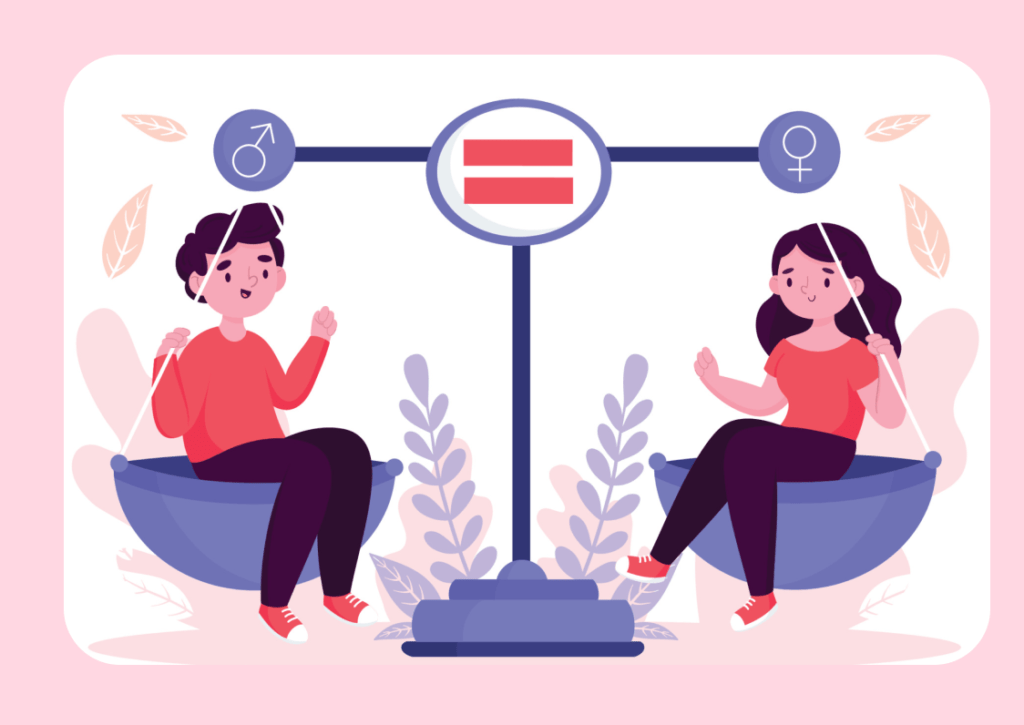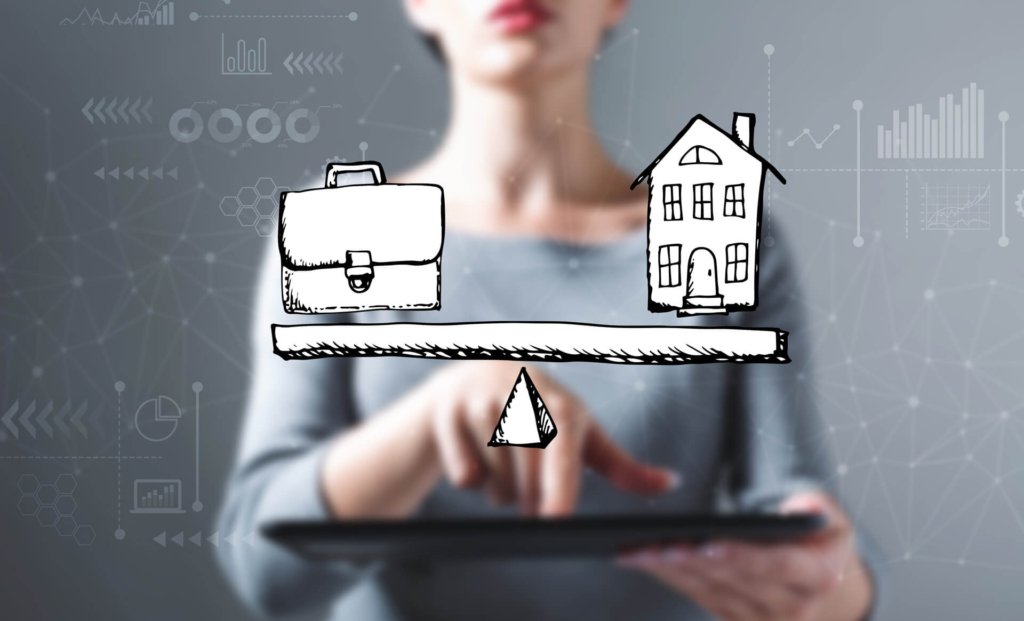
76% Unpaid Health and Care Work: Do Women Mostly Do It?
When we look at the report released by WHO which states that women do 76% of the ratio of unpaid health and care work, we connect to the fact that women play a big role in contributing and sustaining communities all over the world which often goes unrecognized and unvalued. Here, we will look into the findings of the WHO report and explore the implications of this gender imbalance on women, economies, and societies.

What is Unpaid Health and Care Work?

It is a wide spectrum of work or activities, in which few of them are like, caregiving, community health services and domestic chores. As we know, these chores are important for the well-being or maintaining the health of a family, individual or community. Still, we all make it look undervalued and most of the time unrecognized because mainly it is performed by a Woman.
Now that we have an understanding of unpaid health and care work let’s move on to what it can do to a woman or how it can impact her.
How can it impact a Woman?

Woman often face barriers created by these unconditional health and care work, as society thinks, this is their role and they have to fulfil, this behaviour towards them not only makes them feel lost but also have to bear the load of the disproportionate burden which causes lack of their well-being, economic empowerment, and overall quality of life. They face barriers in obtaining education accessibility, employment opportunities, and financial resources because of the intervention of health care responsibility, which gives them little to no time for themselves.
Health and Care Sector Gender Inequality

By looking at our previous generation, or somehow in a few cases these days we all know how women are underestimated or treated in the work segment. Women have to go through all kinds of inequality in other sectors, but here we can see it is the same in health and care work as well. We all must come together including our government, family, community and office employers to address this issue and value the involvement and contribution of women in our society. We should promote better work facilities, education, and training, for women like this through various schemes, and policies as well as family emotional and physically involved support.
Unpaid Health and Care Work: What’s the Economic Value?

While unpaid health and care work may not contribute directly to GDP, its economic value is substantial and indispensable. Recognizing and valuing this work is not only a matter of gender equality but also essential for sustainable economic development and social progress.
Here are 2 means to understand how.
Supporting Economic Productivity:
When a woman takes care of her family be it her working sister, mother, father, husband, son or daughter, she is providing them with care to keep them healthy with any pay, unconditionally. This opens the road for other family members to pursue employment, get into the workforce activity without any pressure of household chores, be taken care of to stay healthy, and use their full potential in the workforce which gives better results. Thus indirect contribution is made by our beloved woman to support economic productivity.
Cost Savings for Society:
If there were no unpaid health and caregivers imagine the burden that would fall on the shoulders of the health care system. This can lead to the direction of expensive healthcare costs for every individual and our government have to face the same. Thus, unpaid care work helps in cost containment and resource allocation within the healthcare sector.
FAQ’S
Q: How does unpaid health and care work contribute to gender inequality?
A: It goes long back in time and sets the standards of women only doing these roles and not even getting acknowledged for it. Not only in health and care work but in many other sectors as well, it perpetuates traditional gender roles, limiting women, On the other hand, we all know in older days men did not even contribute towards their children so including other chores would be a means of being delusional. opportunities for education, employment, and economic empowerment all become so unreachable for women who contribute to unpaid health and care work compared to men.
Q: What are some strategies for reducing the burden of unpaid work on women?
A: There should be a working environment, especially for women who and involved in health and care work and it can be flexible, implementing other policies such as making child care affordable and equal engagement of both the parents, leaves on work in a way that won’t affect the work as well as care sector too. This can promote health and care at the best and also serves the purpose of equality in the workforce
Q: What role can men play in addressing gender inequality in the health and care sector?
A: As we know supporting men can bring a greater change to this issue. A man can take part in equal parental care and help to break the old-school thought of gender inequality. A can support women in the workforce system as well by equally taking a stand for the rights of women and addressing the discrimination happening in the working environment. Thus this can conclude to become a big help for women in promoting work-life balance as well as gender equality.
Conclusion: “Empowering Women”
To begin with, WHO addresses how women are part of 76% of the unpaid health and care work & gender disparities in it. The government quickly recognised it by valuing the contributions of women in society and how it is affecting women in many ways including gender inequality, discrimination practices, and societal norms. And how we all together can solve this problem by contributing and taking part in it.




